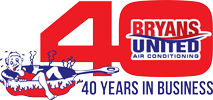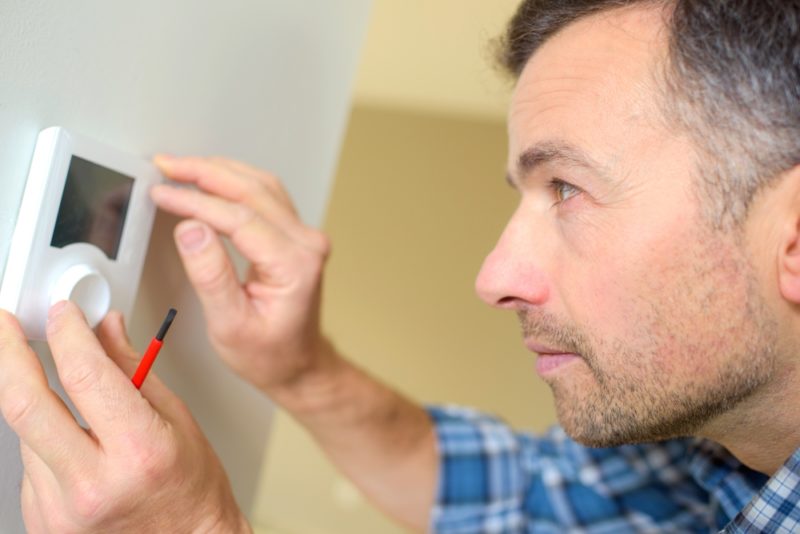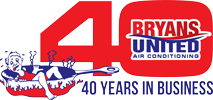You can DIY some HVAC system maintenance tasks, like changing air filters, for your Gretna, Louisiana, home. Other tasks, like replacing parts, are too dangerous. You need to know when you can solve a problem yourself and when you should call a qualified HVAC technician from Bryans United Air Conditioning.
Test Electrical Connections
HVAC systems conduct large amounts of electricity; enough to hurt you. The professionals know how to safely disconnect and tighten electrical connections without risking damage to your system or to themselves. When you suspect an electrical problem, call one of our HVAC system specialists.
Replace Parts
Think you have a worn or broken part inside your HVAC unit? Don’t order a replacement online and plan to install it yourself. Issues with parts can be an early warning sign for a larger problem.
Doing replacements yourself could set you up for an expensive system failure later on. The pros know how to replace HVAC system parts properly and trace HVAC symptoms back to the main issue to solve the problem.
Handle Chemicals
HVAC systems use various chemicals, and without following the right safety precautions, you can seriously hurt yourself if you handle them. A refrigerant leak, for example, might seem easy to fix, but exposure to refrigerant can freeze your skin or cause respiratory problems. Additionally, disposing chemicals properly calls for following environmental safety regulations. Call an HVAC system services professional to handle any chemical problems with your HVAC unit.
Clean Coil Fins
The coil fins in your HVAC system are both important and delicate. Clean fins help your unit run efficiently, which saves money on your electricity bills. Since the fins are easily damaged, cleaning your coil fins is a task best left to an experienced professional with the right tools. At Bryans United Air Conditioning, our thorough repair and maintenance packages will keep your system reliable and efficient year-round.
Select a New System
When you choose a new HVAC system, make sure you get the right size for your home. A system that is too small won’t be able to keep you comfortable. One that is too big will cause you to lose efficiency, and you’ll pay too much on your energy bills every month.
Call one of our qualified HVAC contractors who can properly size a unit for your home. Using advanced calculations, the contractor can calculate your home’s heating and cooling loads and recommend a unit that fits your home properly.
Keep Your Outdoor Unit Clean
The wind can blow yard waste, such as leaves and twigs, into your outdoor HVAC unit. Debris such as leaves and grass clippings can block your unit’s vents, preventing it from working well. To keep your unit working properly, keep your yard clean as much as possible.
Change Your Unit’s Air Filter
One of the most important tasks that keeps your HVAC unit working properly is also one of the easiest. Changing the air filter on your unit keeps it working efficiently when it can pull air through the filter more easily. A clogged air filter struggles to pull air through and can’t trap particles properly, reducing your home’s indoor air quality. Be sure to check your HVAC system’s filter once a month and change it if necessary.
Check the Thermostat
If you’re having problems controlling your home’s temperature, first check your thermostat. Your HVAC system may be running perfectly, but if your thermostat isn’t working properly, you won’t be able to keep your home comfortable. Fixing your problem may be as simple as replacing your thermostat’s batteries.
Look in the Fuse Box
When your HVAC unit doesn’t turn on, be sure to have a look in your fuse box before you call an HVAC technician. A blown fuse could prevent your unit from getting the power it needs. After replacing any blown fuses or resetting any circuit breakers, try turning on your HVAC unit again.
At Bryans United Air Conditioning, you can rely on us for all your HVAC system maintenance and service needs. In the Gretna, Louisiana, area, call 504-208-2071 to have one of our NATE-certified technicians repair, maintain, or install your home’s new HVAC system.
Image provided by Shutterstock


